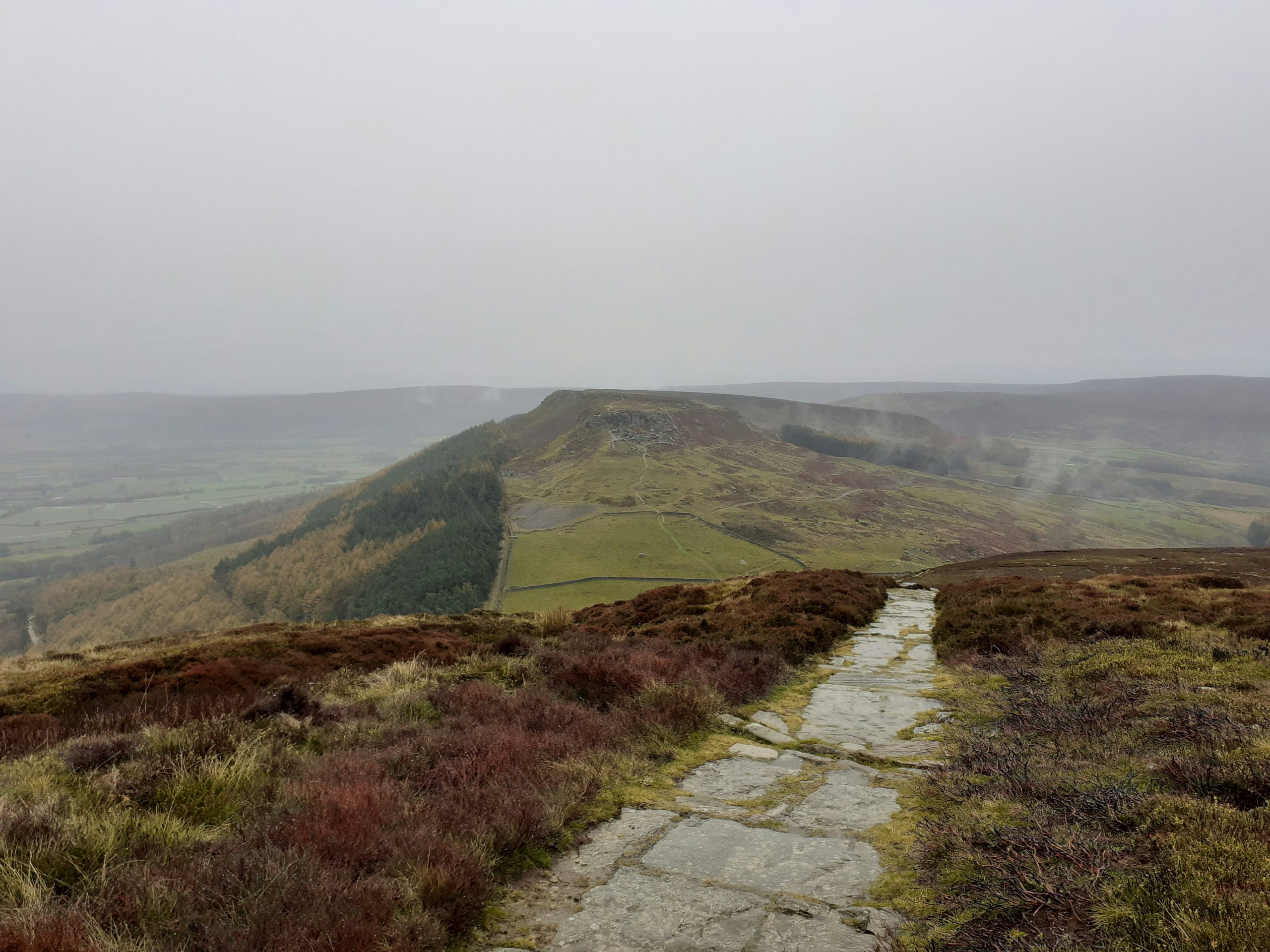By Alys Hewitt
Since 2012, Jason Williamson and Andrew Fearn, who together make up Sleaford Mods, have been painting bleak, brash, honest, and often humorous portraits of a Britain ravaged by austerity and division, against a backdrop of relentless and minimal beats. I recently had the chance to speak to vocalist Jason about their new album, Eton Alive, the writing process and the state of modern music.
Eton Alive retains the bold and unapologetic energy that has endeared Sleaford Mods to critics and fans alike since their career first began to gain momentum. It is an album that confronts the listener with a number of themes. Opener ÔÇÿInto the Payzone’, for instance, sees Williamson grappling with his new-found access to the brazen consumerism of modern life that comes with a middle-class lifestyle. It maintains a decidedly scathing message, addressing the fact that consumerism cannot conceal the “cracks in the demise of this current society” ÔÇô the alienation, the inequality the hypocrisy and the absurdity of it all. Has Williamson’s change in lifestyle changed the way he views the world, and consequently how he writes songs? “I can’t make out I’m the person I was three or four years agoÔǪbut at the same time I’ve still got every right to view society in a critical way, because there’s no other way to view it”. Are enough bands taking the same kind of critical stance? Yes, but in a contrived and “rounded” way, he argues: “what you’re getting is a lot of people attaching themselves very lazily to the characteristics of this austerityÔǪthat’s even worse, to be honest, than not talking about it at all”. This is particularly resonant in a climate where it is becoming more and more favourable for artists to align themselves with a political message.
But Sleaford Mods’ approach to politics has always been distinctly down-to-earth, examining lived experiences and contemporary culture rather than making sweeping political statements. Despite the album title’s overt references to a political system built on hierarchy and privilege, for the most part it refrains from making any direct attacks at party political figures. Williamson describes it as “more of a mood album than its predecessors”, which picks apart the “effects of policies onto psychologies”. Nevertheless, the shadows of Eton and those educated there lurk beneath the surface of the record’s astute observations of everyday life. As Williamson succinctly puts it: “they might resign, they might be in and out, they might get sacked, but they’re still there, they’re still running things”.
This exploration of the personal-meets-the-political lends itself well to a variety of artistic formats. Williamson’s lyrics have already been committed to print in the book Grammar Wanker (which saw the release of its fourth edition in February). And, aside from releasing eleven albums under the Sleaford Mods name since 2007 (four of them prior to collaborating with Fearn), he has also dabbled in writing fiction, having published two collections of short stories. How does writing fiction differ from lyrics? Song-writing can sometimes be constraining, he explains, whereas “with stories you can really build on an idea and get it out, explore it moreÔǪbecome even more creative with the way you describe things”.
Musically, across their releases Sleaford Mods’ set-up and sound has by now become familiar. But on Eton Alive they take things up a notch, maintaining the simplicity and structure of their previous albums, naturally, but giving the songs a somewhat fuller and richer sound. Many are scattered with synths and heavy, muscular basslines, and the track ÔÇÿWhen You Come up to Me’ even sees Williamson trying his hand at singing. Was this subtle progression a conscious choice or simply a sign of the duo’s natural evolution as a group? A bit of both, Williamson claims, explaining the presence of mid-80s R’n’B as a primary influence for the record, along with a desire to expand on the musical explorations of their previous release English Tapas (“there were a couple of tunes on there that really moved away from what we were doing with previous work”). The album arrives with a change in direction behind the scenes, too ÔÇô it is the first to be released on the duo’s own label, Extreme Eating, after they left Rough Trade last year. Williamson regards going out on their own a “premature move” in hindsight, and it was a decision that prompted them to leave behind the manager who had suggested they go independent again in the first place. But he still hopes that Eton Alive will be a success: “It was stressful and that for a good month, but I think we’ve got things up to speed and we’ve managed to get everything on board, so hopefully the record will do well”.
Although he is largely ambivalent about the state of contemporary guitar music (“I don’t think anything really excites me” he remarks, aside from some drill, grime and hip-hop artists), Williamson is positive about the role of modern technology in transforming and potentially democratising the industry: “you don’t need to have a guitar and bass and drums anymore, you can do everything from a laptop”. And, as you might expect, he is not overly concerned with being ÔÇÿauthentic’, letting the vision of Sleaford Mods flourish without worrying about the route to get there: “I don’t really care about the authenticity of how you carry the sound, it’s the idea that’s important”. Williamson also holds the belief that ideas, rather than talent, are the motivator for great music and other art forms. “Talent comes with inspiration, with ideas. If you reach out to do something because you want to do it, you’ll do it.”
Sleaford Mods play Cardiff University Students Union on the 5th of April. Their album Eton Alive is out now.


